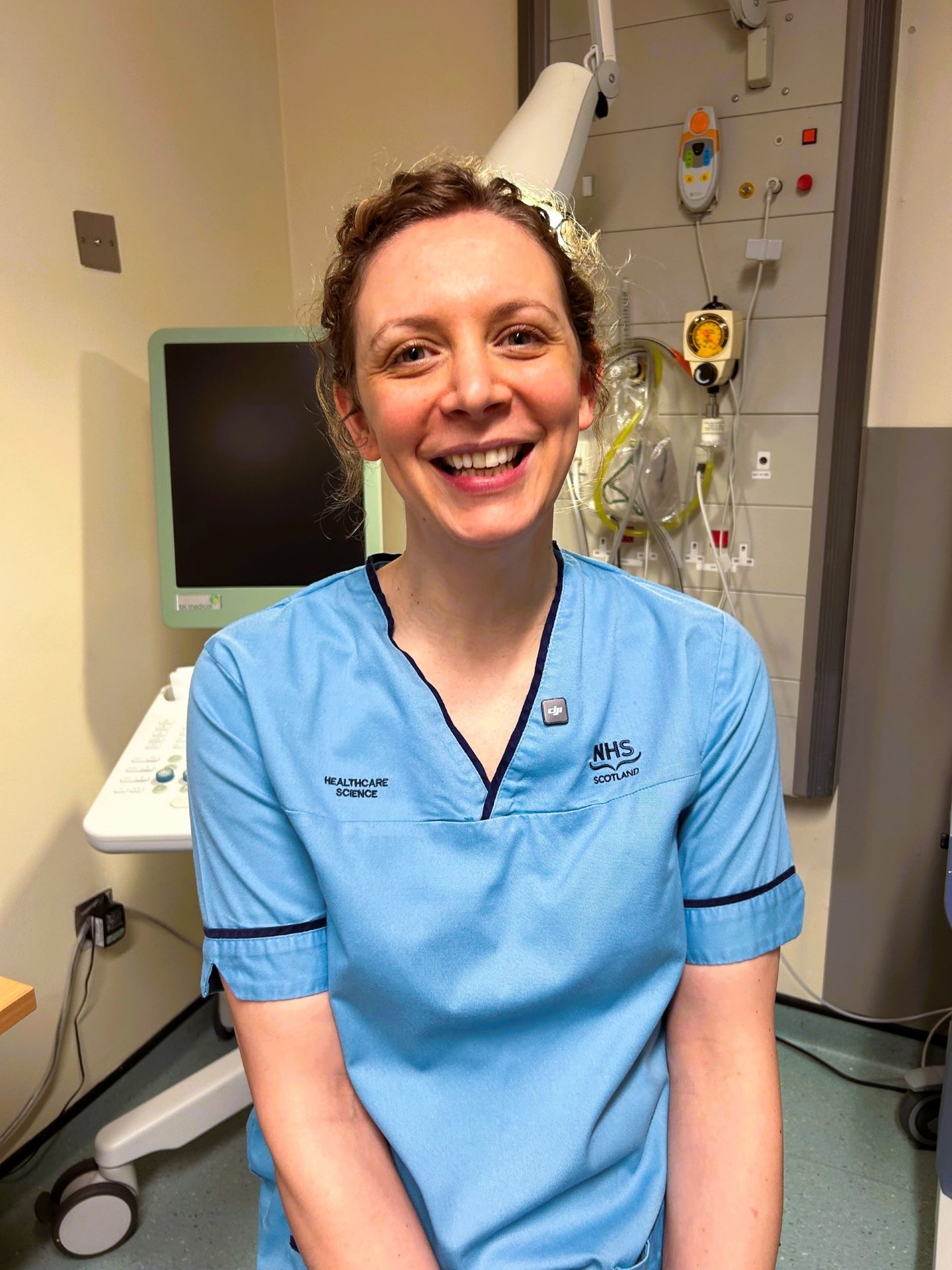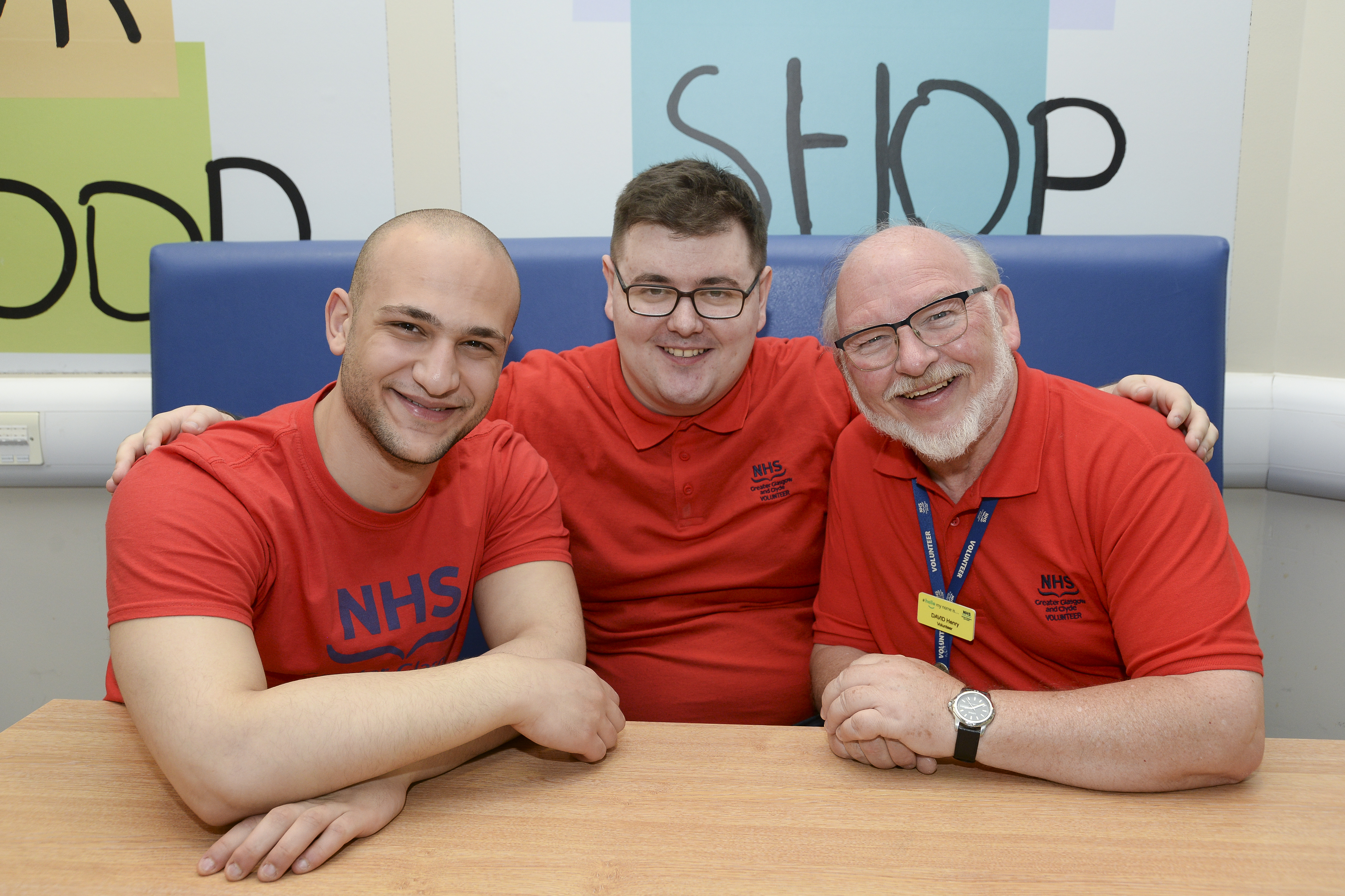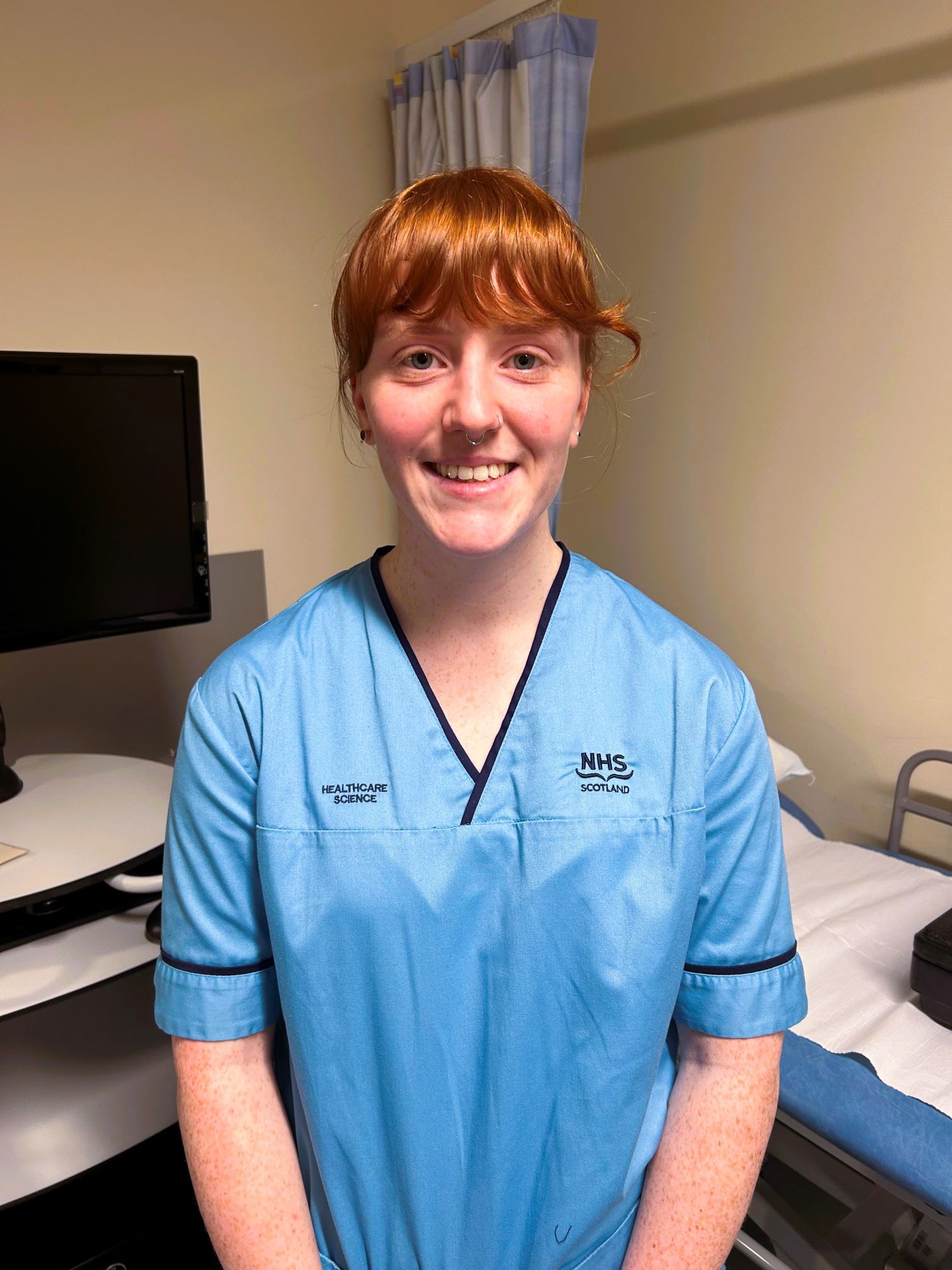Previous
Neurophysiology scientist
To become a clinical scientist - gastrointestinal physiology, you'll need to complete a postgraduate-level work-based training programme. Alternatively, if you already have significant professional experience and relevant qualifications, you can apply for registration as a clinical scientist through an equivalence route.
Clinical scientists working in gastrointestinal (GI) physiology carry out diagnostic tests for suspected diseases or disorders in the digestive system. These include:
They report on test results to help doctors make informed decisions about patients' medical and surgical care.
Clinical scientists in GI also work with nurses and doctors to offer specialist treatments, undertake research projects and participate in teaching and training.
Your body's digestive system is a group of organs that break down food and liquids into glucose, amino acids, and fatty acids. These components are used for energy, growth, and cell repair.
Within your digestive system is a long tube that starts at the back of your mouth and ends at your anus. The tube can be up to 9 meters long in adults and is known as the gastrointestinal tract. It is made up of the following organs:
Other important organs in your body that help with digestion include the salivary glands, liver, gallbladder, and pancreas.
At the end of the digestion process, metabolic waste leaves your body in several ways:
Find out more about the function of the digestive system.

If you’re interested in a career as a clinical scientist in gastrointestinal physiology, useful school subjects include:
Speak to your guidance teacher or careers adviser about subjects offered at your school.

Clinical scientists in gastrointestinal physiology work directly with patients. You may find it helpful to get some healthcare experience by doing a work placement or volunteering. You’ll get training, increase your knowledge, and learn new skills. This could help you when applying to college, university, or a new job with NHSScotland.
There are different education and training pathways to becoming a clinical scientist in gastrointestinal physiology.
Clinical scientist training has 2 pathways. You’ll complete one of the following 3-year programmes in the workplace:
Throughout your training, you’ll learn the skills, knowledge, and experience you’ll need to become a clinical scientist in gastrointestinal physiology.
You'll need an undergraduate honours degree at SCQF level 10 to apply to a clinical scientist training programme. Acceptable degree subjects include:
Once you complete the clinical scientist training programme, you’ll register as a clinical scientist with the Health and Care Professions Council (HCPC).
You can apply for training opportunities on our recruitment website.
You can apply for equivalence recognition if you have either of the following:
It is a route you can take to demonstrate that you already have the skills, knowledge, and experience to become a clinical scientist in gastrointestinal physiology.
You’ll submit a portfolio of work to the Academy for Healthcare Science or the Association of Clinical Scientists for assessment and attend an interview. If successful, you can register with the Health and Care Professions Council as a clinical scientist.

As a clinical scientist in gastrointestinal physiology, you’ll carry out complex investigations of patients’ digestive systems using specialist equipment. You’ll then provide an accurate diagnostic analysis that will be used by doctors to inform patient care.
Your main tasks could include:
You’ll need these skills: ·
You’ll work with:
As a clinical scientist in gastrointestinal physiology, you could work in:
As a clinical scientist in gastrointestinal physiology, you must undertake continuous professional development (CPD) activities to:
Clinical scientists must meet the HCPC’s standards for CPD. You could complete accredited training programmes and attend conferences and seminars to update your skills and knowledge. Learn more about the HCPC’s guidance on CPD activities.
During your career as a clinical scientist in gastrointestinal physiology, you can also work towards additional qualifications, such as:
Gaining experience and qualifications could lead to more senior roles or the chance to advance into specialised practice areas. You could also move into research or teaching roles.
To work in the NHS as a clinical scientist, you must be registered with the Health and Care Professions Council (HCPC).
Once you’ve qualified, you can also join the following organisations:

Discover the range of healthcare science careers you can choose in the NHS.
Healthcare science
Our blog includes how-to guides, case studies, and career resources.
Discover more